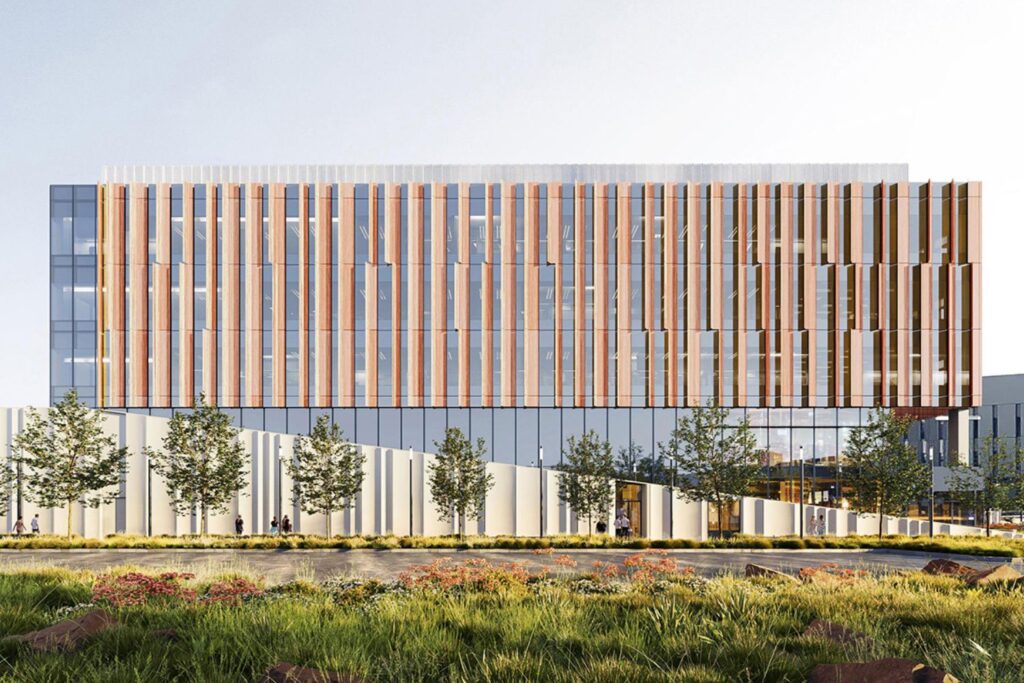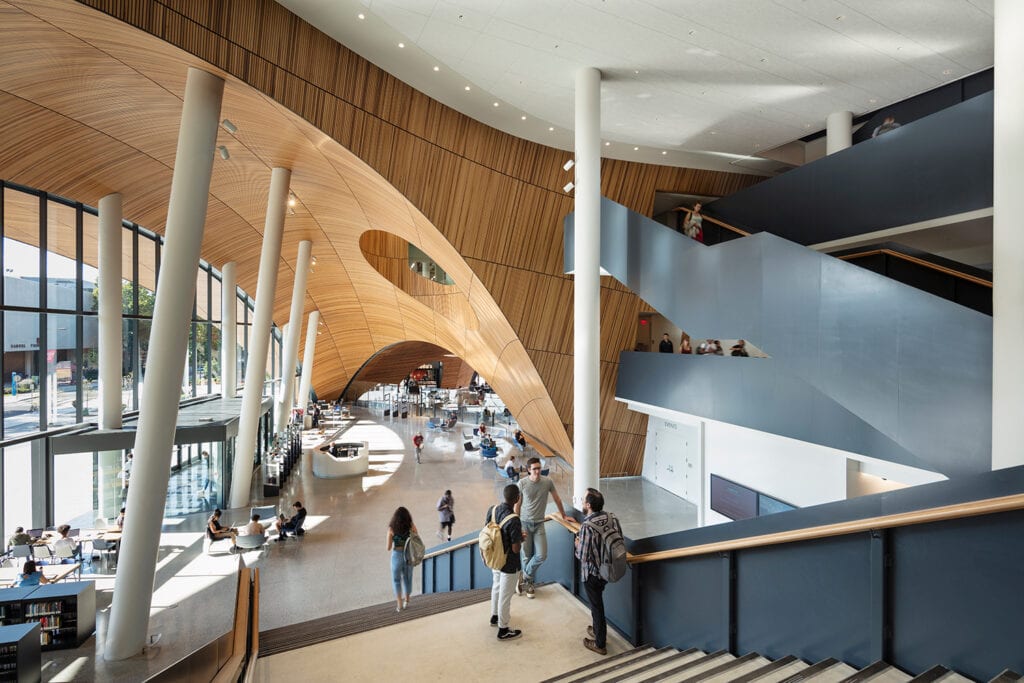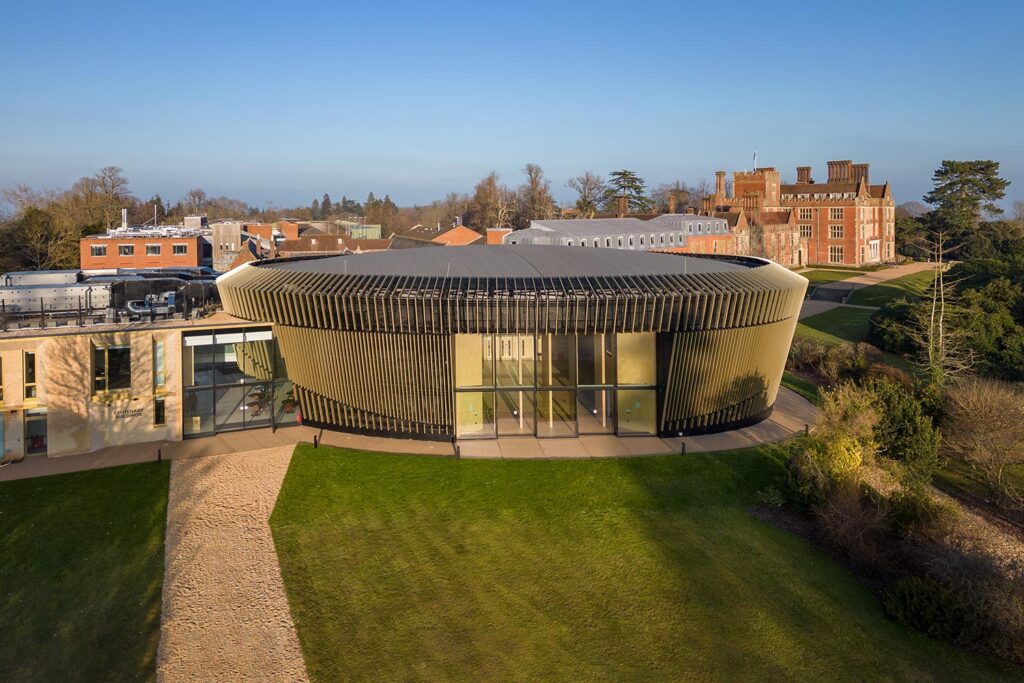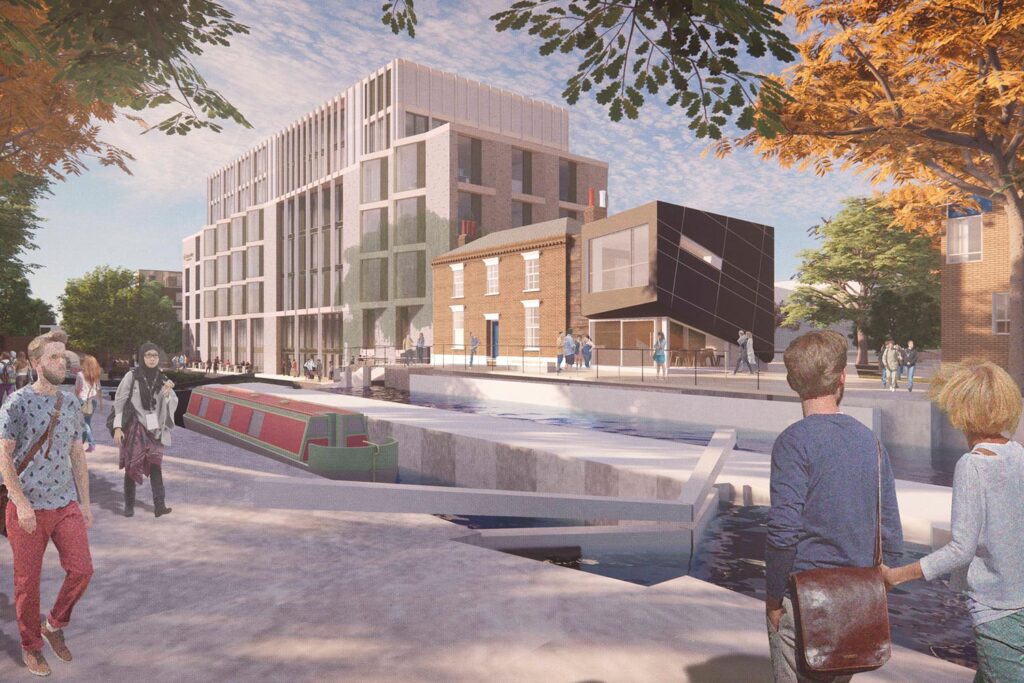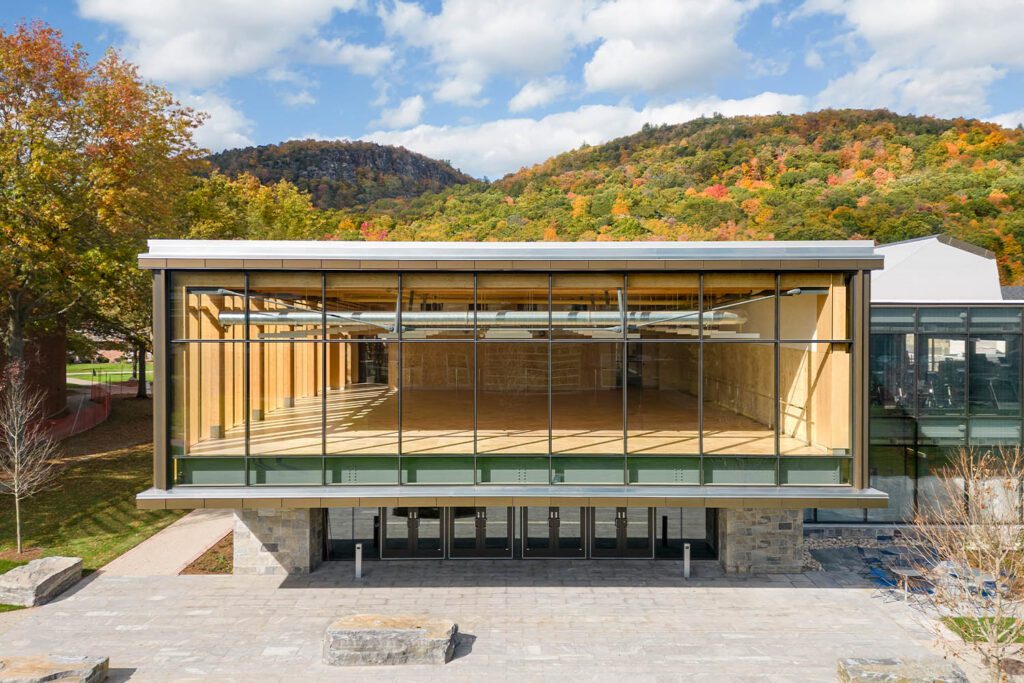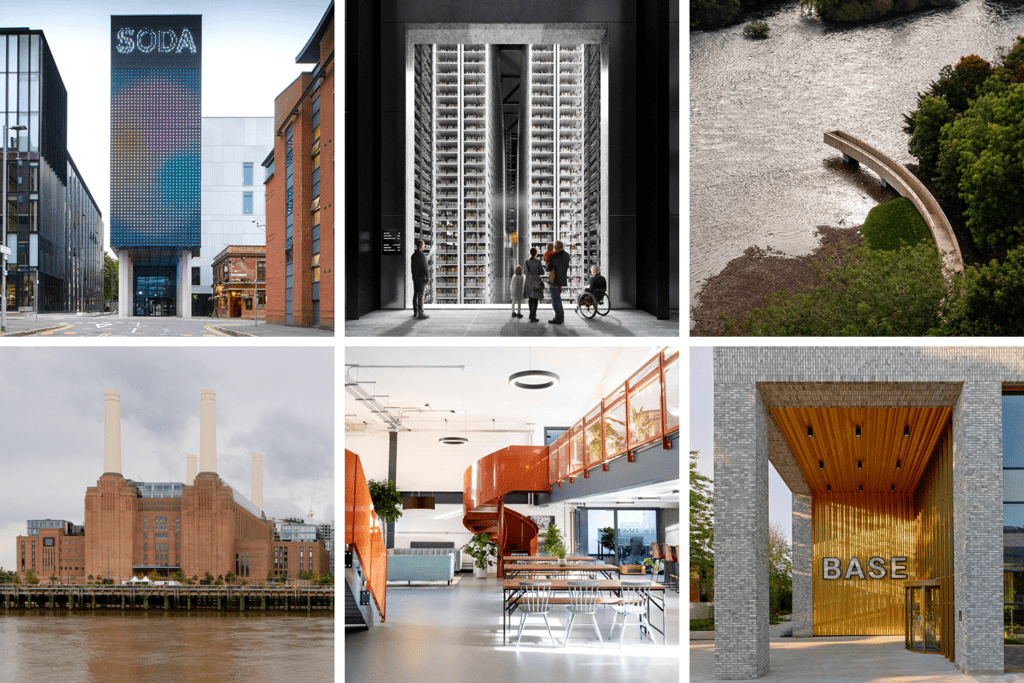Improving the wellbeing of Manchester’s student population
Buro Happold joins forces with Manchester’s universities to create new ways to connect students, academics, and local communities for a healthier and happier city
BuroHappold, who have an office in the Castlefield area of Manchester led the event which was hosted by Manchester Metropolitan University. Senior representatives of MMU, the University of Salford and the University of Manchester joined Buro Happold’s designers and engineers, representatives from mental health charities and some of the city’s most innovative architects, landscape architects and urban designers.

This was the third in a series of design ‘sprints’ exploring student mental health and wellbeing. During the design sprint, three multi-disciplinary teams explored how each of the universities could individually, and collectively, improve the wellbeing and mental health of Manchester’s 100,000 strong student population. All three teams chose to work at a city-scale, producing innovative ideas for how the city could help with this critical issue, while producing benefits which extend far beyond the Universities themselves..
Increasing connectivity, improving green spaces and providing pop-up catering facilities were just three of the ways in which we can improve health and happiness, according to experts who took part in the sprint.
“Manchester has been established on the world stage for some time and as such, it attracts talent from around the world. The city is home to some of the brightest students, academics, researchers and educational professionals and most innovative architects and designers,” said Mei Ren, Buro Happold’s Manchester office director. “Working in teams, we’ve been able to respond to student mental health in a way that flows as a timely addition to Manchester’s trajectory of developing a ‘knowledge capital’. The ideas and concepts developed during the sprint are truly holistic, with multiple social and economic benefits for everyone within the city. This is a testament to the power of collaborative working.”
The themes explored and the ideas which emerged were captivating in their range and ambition. One idea took inspiration from the combination of Manchester’s connections to chocolate and Roald Dahl’s Charlie and the Chocolate Factory’s glass elevator. The idea featured a cable car that would reach across the city. Each car would have transparent walls, floors and ceilings, opening up views while allowing easy movement across the city and enhancing connectivity. Other themes included adapting the Mancunian way to become a green transport route, promoting access, biodiversity, and healthy transport options, as well as the use of green ‘touchdown’ spaces across the city to make journeys more pleasant, provide spaces for relaxation and recreation, and enhance interaction between people.
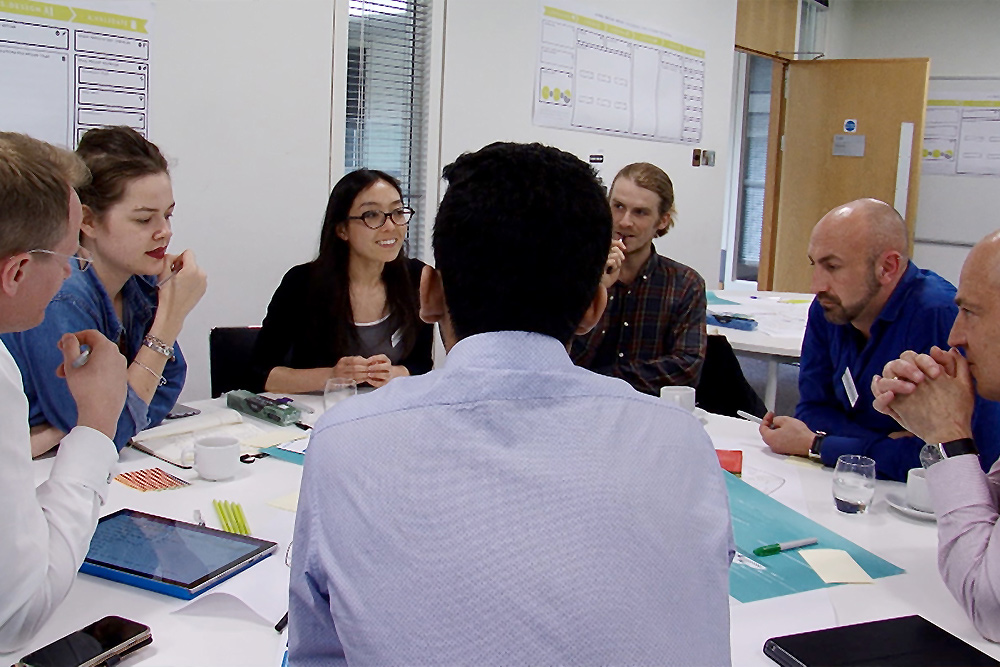
Connectivity was a recurring theme throughout the sprint, whether between people, groups of people, buildings or areas within the city. One of the teams designed a ‘mindful green mile of mingling’ to describe how a new boulevard can enhance interconnectivity and dialogues between students, academics, and local communities in an enhanced environment with an abundance of natural features such as trees and green spaces.
There were also a number of recommendations including investment into outside spaces, with safe, weather-proof structures to encourage inclusive use all year round. The presence of pop-up catering facilities and co-operatives across the city was also added to the scheme. Another group went further, and sought to unite the wider population of Manchester into a collegiate scale city based on the extended use of shared space and facilities – both within buildings and across Manchester.
Other ideas ranged from a city wellness framework, including the animation of public spaces and establishing the city as a living museum: preserving trees and green spaces. Safe places were also important to all of the teams, noting that existing areas such as river and canal corridors, and brown, neglected spaces could all be repatriated.
“The third in our ongoing series of Design Sprints has been a fascinating insight into the particular challenges of students in Manchester,” says Dr Mike Entwisle, Buro Happold’s education sector global director. “While many of the issues which the students encounter are similar to those in many other university cities, the number of students and the range of universities in Manchester brings a particular focus.”
The productive town-gown relationship between the universities and the City offers the opportunity to introduce many more exciting innovations, cementing Manchester’s place as one of the premier cities in the UK.
Dr Mike Entwisle
